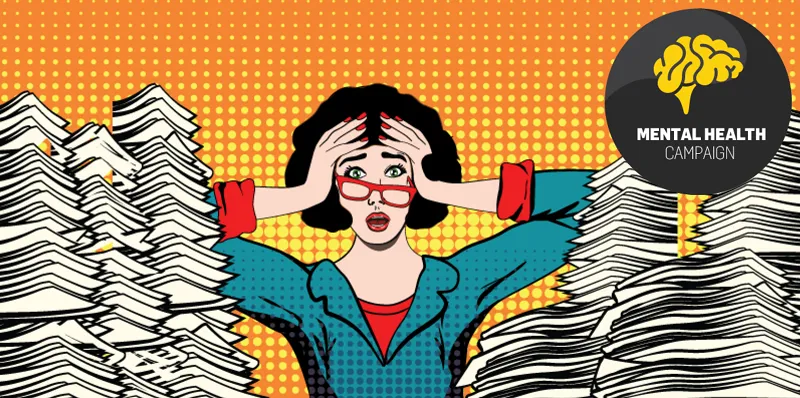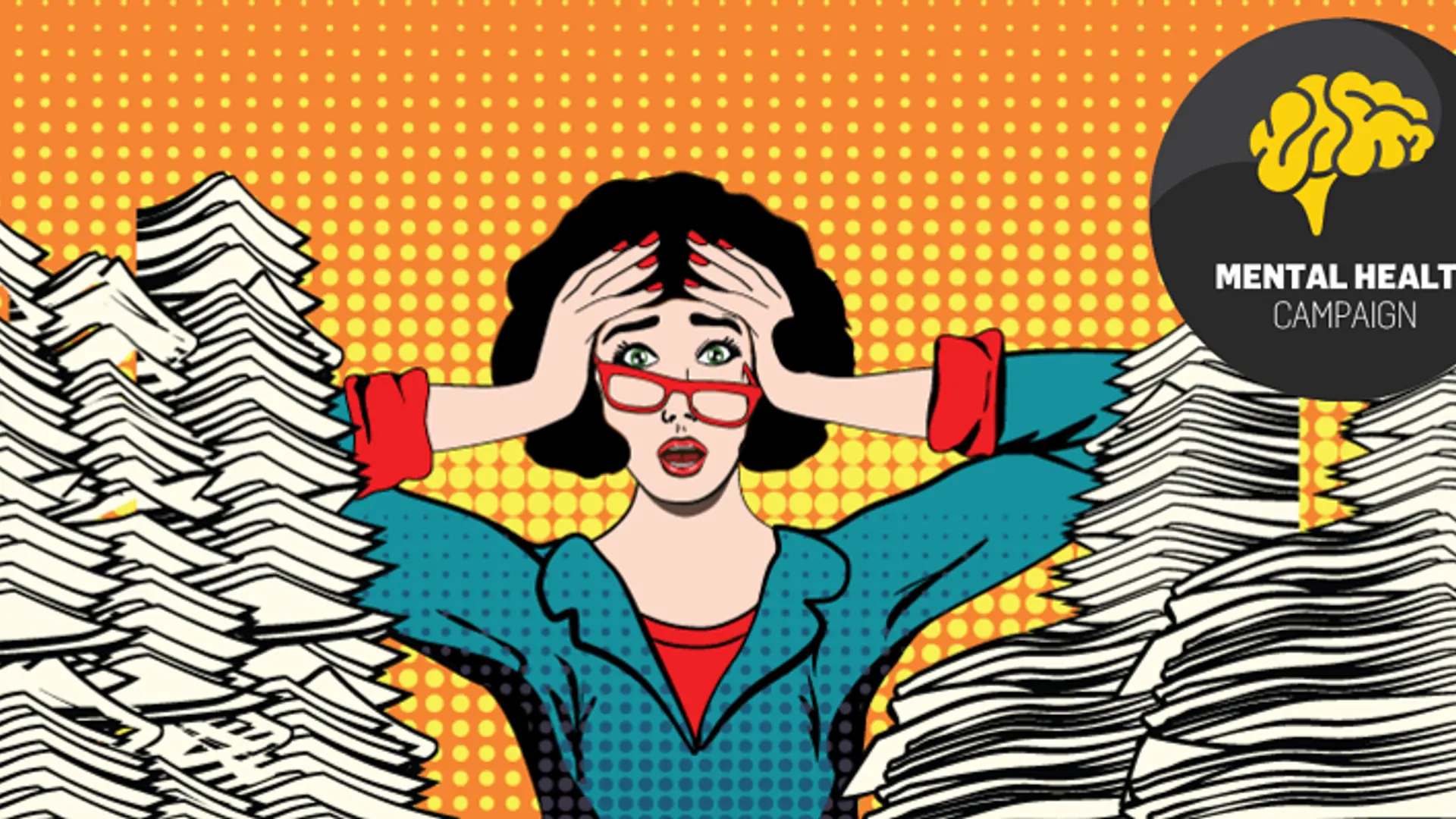8 ways to successfully reduce workplace stress
Stress has become synonymous with the corporate sector today. To a certain extent, it is normal for a person to feel stressed during work; it makes us alert and helps meet deadlines. But when it starts interfering with our ability to do the job, our personal life and health, it becomes a matter of serious concern. In a survey conducted in India by Optum, a health services company, 46 percent of the respondents (two lakh people from more than 30 major companies) suffered from some form of stress.

Rising economic competition has increased the pressure on corporate organisations over the years, which reflects in the greater stress levels of employees. Chronic stress can decrease the productivity of an individual and seriously affect mental wellbeing. Even if the source of stress is gone, its effects can linger on, leading to anxiety and depression. Following these eight steps can help you to effectively beat workplace stress:
Identify the cause
It could be due to an overload of work, poor working relationships with colleagues, harassment, job uncertainty, low pay, low self-esteem or an uncomfortable working environment, but it is necessary to recognise which factors affect you the most in order to take steps to decrease stress levels wherever you can.
Talk to someone you trust
Whether it’s a close friend, a family member or a health professional, it is essential to talk to another person about what’s troubling you. Discussing the issue with someone else can help put it into perspective and maybe even find a solution. If nothing, an understanding and supportive listener will surely help you calm down and relieve stress. In fact, if you feel you can be open with your boss, going to them directly will produce better results because they are in a position to try and fix the problem.

Take a break
No matter how busy your schedule is, always try to fit in breaks at regular intervals throughout the day. Working for eight hours straight is bound to frustrate you as well as weaken your ability to concentrate and that will only add to the stress. Hence, it works to clear your mind by moving about the office, going for a walk, talking to a colleague, listening to music or even watching a cat video. Additionally, do not sacrifice family time. Go out for movies, dinners or other outings and plan vacations to take your mind off work.
Stick to a proper diet and sleeping pattern
According to a survey by Associated Chambers of Commerce and Industry of India, close to 78 percent of corporate employees sleep for less than six hours a day, and it’s not uncommon to skip a meal to prepare for a meeting or presentation. But irregular sleep and improper diets can make people more susceptible to stress and mental disorders. Ensuring a minimum of seven hours of sleep and nutritious food everyday will improve your mood and concentration. Cutting back on alcohol, caffeine and nicotine helps as well because they can affect mental performance. Instead try a little dark chocolate – it is known to reduce stress hormones.
Exercise well
The best way to build up energy and feel active is to exercise every day. It releases endorphins which boost happiness and norepinephrine, which helps the brain to better handle stress. The overall functioning of your mind improves, thereby increasing productivity. You will feel more relaxed as well as be able to sleep better and work up a good appetite. So don’t let laziness get in the way. Set aside time for a walk, a jog or the gym every day.
Also read : How Deepika Padukone started TLLL foundation to fight the stigma of mental health
Try yoga
Yoga is increasingly being recommended for improving mental health. It can control blood pressure, heart palpitations and enhance respiration, making it easier to deal with anxiety and depression. Meditation and breathing exercises especially help in calming the nerves. Yoga reduces vulnerability to mental disorders and, according to the American Psychological Associations, is one of the best treatments for post-traumatic stress disorder (PTSD).
Prioritise tasks and limit distractions
Plan your work in such a way that the most important tasks are completed first. Do not take on more work than you can do in a day. Make a check list of realistic goals and enlist the help of co-workers if the need arises. Leaving a little early for work can help you manage your time better and also eliminate the stress from running late. More importantly, avoid distractions like social networking websites because they will only delay your work.
Pick up a project for leisure
A recreational project outside of work is a good way to distract your mind. When a person is stressed, they constantly think about their work, responsibilities, deadlines or any other cause of tension. But a hobby will shift your focus away from such pressures and relax your mind. Be it painting, gardening, playing an instrument or a sport, spending a few hours a week on them would not hurt.
These steps will not be easy to adopt because they could mean major changes in lifestyle, and their benefits will take a while to become apparent as well. But the effects of stress in severe cases can be potentially dangerous. In fact, it is referred to as a silent killer. So do not ignore the warning signs – start trying today to prevent stress from getting the better of you.
We at YourStory are dedicating a month long campaign to speak and hear about mental health in support of raising awareness. Watch out for this space, as we do our bit to remove the stigma attached to the disorder. If you have a story to tell, reach out to us at [email protected].







